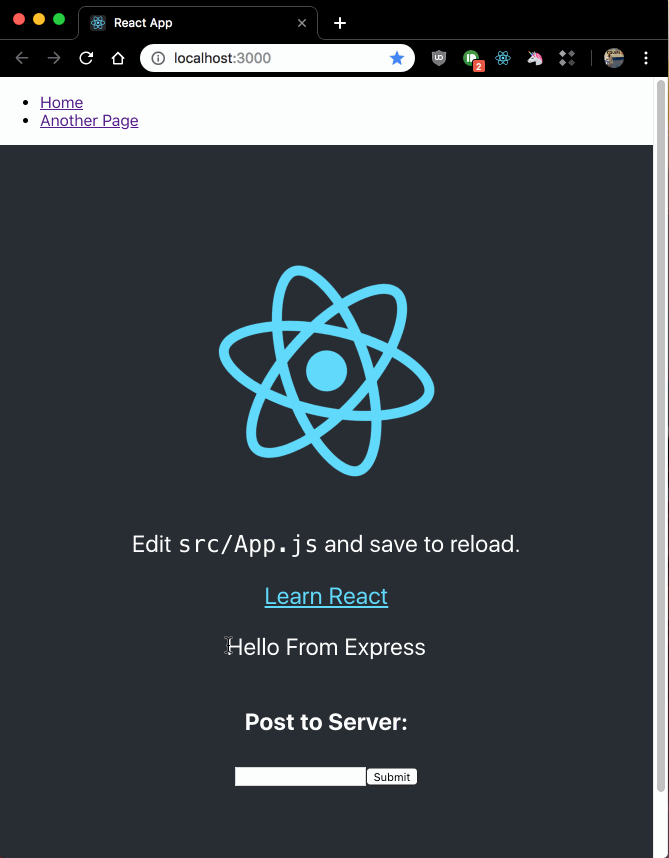



✏️ Replace v6.0.0 with the desired release tag. If these values are embedded in the JavaScript bundle, like with REACT_APP_ vars, then they may be accessed by anyone who can see the React app. Supports all config vars, including REACT_APP_, NODE_, NPM_, & HEROKU_ prefixed variables. Updates immediately when setting new config varsĭifferent values for staging & production (in a pipeline)Įx: REACT_APP_BUILD_VERSION (static fact about the bundle)Įx: REACT_APP_DEBUG_ASSERTIONS ( prune code from bundle)Įx: REACT_APP_API_URL (transient, external reference)Įx: REACT_APP_FILEPICKER_API_KEY ( Add-on config vars) In addition to compile-time variables applied during build the app supports variables set at runtime, applied as each web dyno starts-up. REACT_APP_CLIENT_ID=XyzxYzxyZ Compile-time vs Runtime ✏️ Replace $APP_NAME with the name for your unique app.

If your goal is to make a single app that combines React UI with a server-side backend (Node, Ruby, Python…), then this buildpack is not the answer.Ĭheck out these alternatives to use React with a server-side app: The Nginx web server provides optimum performance and security for the runtime. This buildpack deploys a React UI as a static web site. See the introductory blog post and entry in Heroku elements. Automates deployment with the built-in bundler and serves it up via Nginx. Deploy React.js web apps generated with create-react-app.


 0 kommentar(er)
0 kommentar(er)
